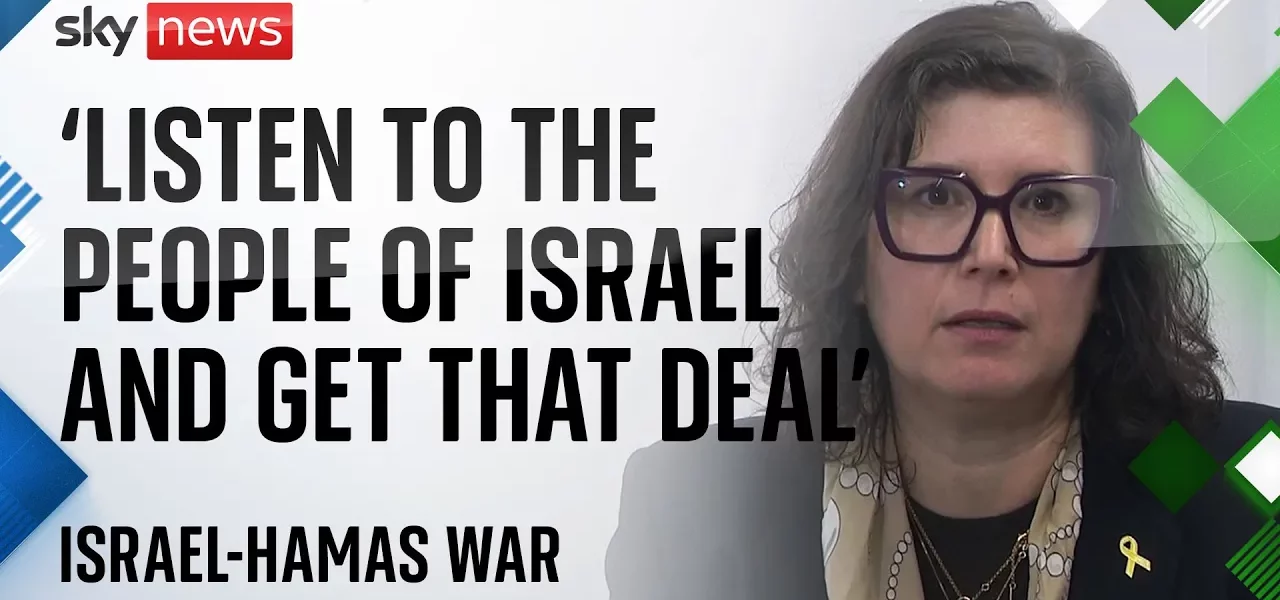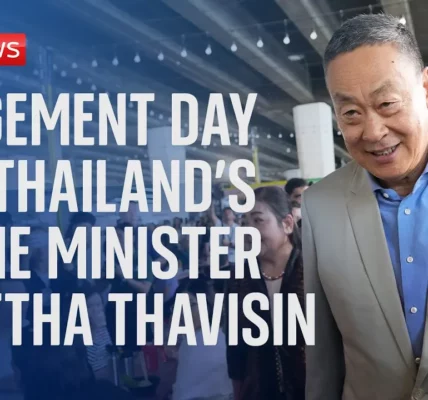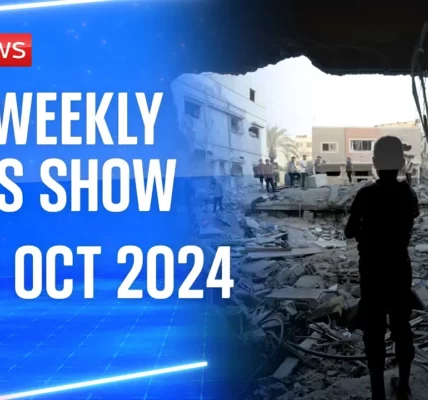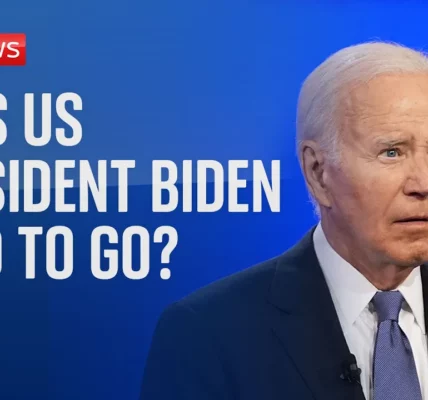Israel’s Hostage Crisis: A Call to Action for Prime Minister Netanyahu

This article delves into the ongoing hostage situation in Israel, the public’s sentiment towards Prime Minister Netanyahu’s leadership, and the urgent need for negotiations to secure the safe return of hostages. Understanding the nuances of this crisis is vital for comprehending the broader political landscape in the region.
Introduction
The hostage situation in Israel represents not only a significant humanitarian crisis but also a pivotal moment in the nation’s political discourse. A month ago, Prime Minister Netanyahu publicly asked Israelis for forgiveness after expressing his inability to bring six hostages back alive. This plea has sparked widespread concern and debate among the Israeli populace and political analysts. This article will explore the public’s response to Netanyahu’s plea, the complexities of the hostage negotiation efforts, and the implications of regional events on these efforts.
Public Sentiment Towards Hostage Negotiations
Recent surveys indicate that a considerable majority of Israelis, particularly Jewish Israelis, believe that the only viable path to securing the release of hostages is through a negotiated deal. This sentiment underscores the public’s desire for a proactive approach from their government.
The Demographics of Public Opinion
It’s important to note the diversity within the Israeli population, which includes approximately 20% Palestinians with Israeli citizenship. This demographic complexity adds layers to the public’s perspective on the hostage situation. However, the prevailing opinion among the Jewish Israeli majority is clear:
- A significant portion believes in the necessity of negotiations.
- There is a strong desire for Prime Minister Netanyahu to act decisively.
- Many citizens feel that the government must prioritize these negotiations over political expediency.
Challenges Faced by the Government
Despite the public’s strong stance, various challenges hinder the negotiation process:
- Political instability within the Israeli government.
- External pressures from regional conflicts.
- Internal divisions over the best approach to negotiations.
Message to Prime Minister Netanyahu
The overarching message to Prime Minister Netanyahu is one of urgency and accountability. The prime minister is urged to listen to the voices of the Israeli public and consider the possibility of a deal that could facilitate the release of hostages.
Time for Statesmanship
Many argue that Netanyahu must adopt a statesmanlike approach, prioritizing the safety of hostages over political maneuvering. The prolonged inaction on negotiations has raised questions about the government’s commitment to resolving this humanitarian crisis.
Negotiation Feasibility
There appears to be a window of opportunity for negotiations that could lead to a deal:
- Previous discussions have laid groundwork for potential agreements.
- There is an opportunity to integrate the complexities of the situation in both the North and South of Israel.
- Continued hostilities pose a risk not only to the hostages but also to broader regional stability, making negotiations even more critical.
The Broader Political Context
While the focus remains on the hostage situation, it is essential to consider the broader political context in the Middle East. The ongoing conflicts in Lebanon and with Hamas complicate negotiations.
Impact of Regional Events
Recent developments in Lebanon have the potential to shift priorities and delay negotiations:
- Increased military activities in the North may distract from hostage negotiations.
- The perception of insecurity can affect public sentiment and governmental decisions.
Public Perception of Government Priorities
Despite government assertions that hostages are the top priority, many citizens feel that this commitment has not been reflected in actions taken over the past months. This disconnection raises concerns about the government’s actual focus and priorities.
Conclusion
The situation regarding hostages in Israel is not only a humanitarian crisis but also a reflection of the political leadership and public sentiment. As Prime Minister Netanyahu faces mounting pressure to engage in meaningful negotiations, the call for a deal becomes increasingly urgent. The public’s desire for action and accountability cannot be overlooked. As events unfold, it is imperative that the government prioritizes the safe return of hostages and takes decisive steps towards a resolution.
For more insights into Israeli politics and humanitarian issues, explore our related articles on the current political climate in Israel and strategies for hostage negotiations.
“`




